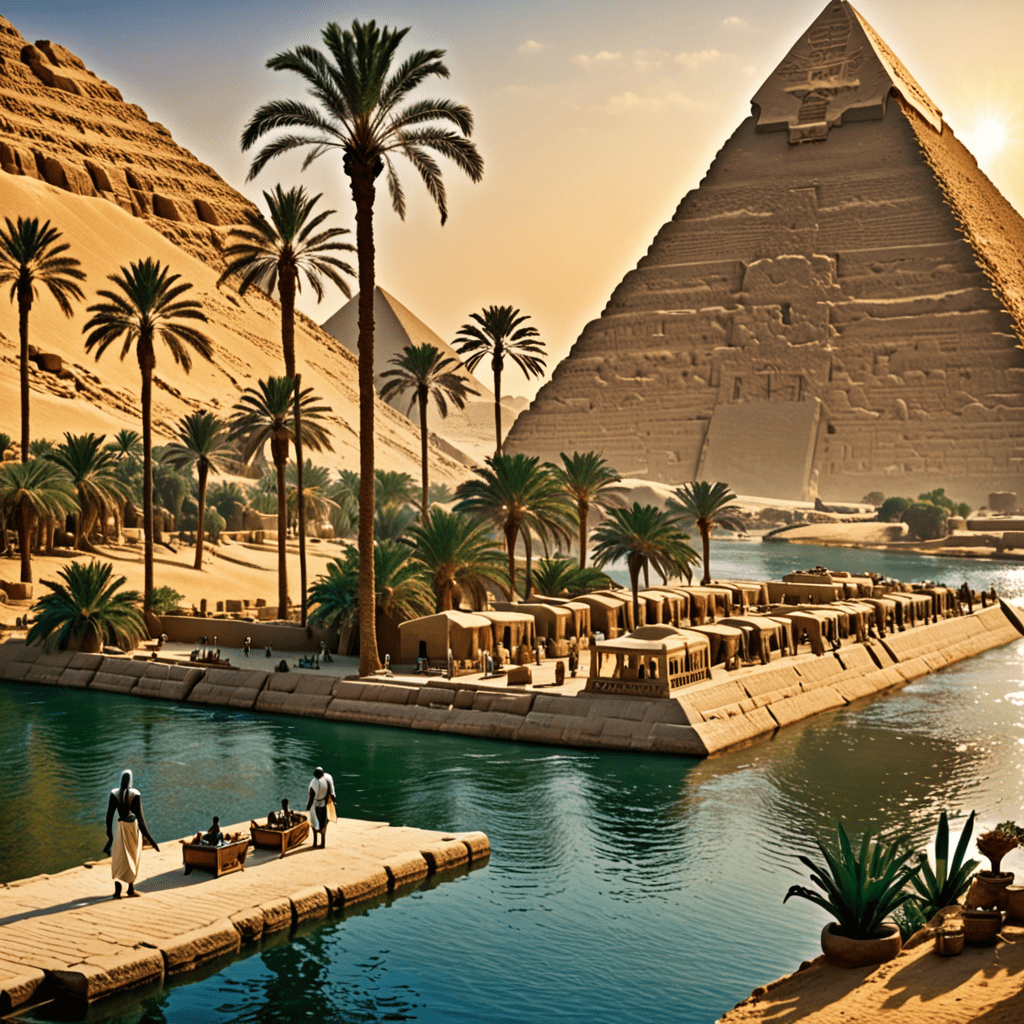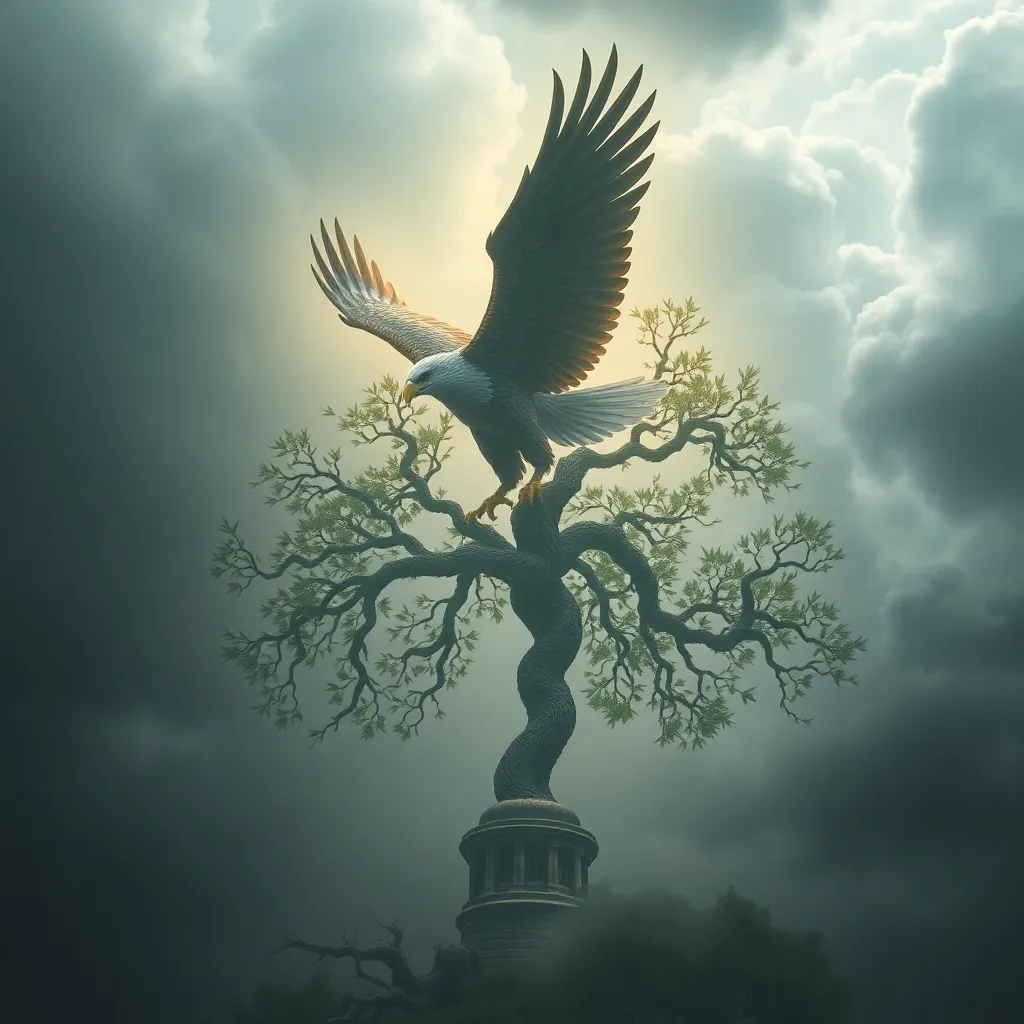Exploring the Mythology of the Nile River in Egypt
Welcome to a fascinating journey into the ancient mythology surrounding the majestic Nile River in Egypt. Let’s delve into the mystical legends and stories that have been intertwined with this life-giving waterway for millennia.
The Nile River: An Ancient Symbol of Life
The Nile River, the longest river in the world, has been a vital source of sustenance, fertility, and prosperity for the people of ancient Egypt. It played a central role in shaping the civilization along its banks, leading to the emergence of rich myths and legends.
Osiris and the Nile: A Sacred Connection
In Egyptian mythology, Osiris, the god of the afterlife and the underworld, was closely associated with the Nile River. It was believed that Osiris’s death and rebirth mirrored the annual flooding of the Nile, a crucial event that brought fertile soil to the lands, ensuring bountiful harvests.
Isis: The Protective Goddess of the Nile
Isis, the goddess of magic and motherhood, was revered as the protector of the Nile and its people. According to myth, it was Isis’s tears that caused the annual flooding of the Nile, signifying her mourning for Osiris and the promise of new life and abundance.
Hapi: The Spirit of the Nile’s Floods
Hapi, the ancient Egyptian god of the Nile floods, was depicted as a symbol of abundance and fertility. Egyptians believed that Hapi emerged during the annual inundation of the Nile, bringing with him the life-giving waters that sustained the land and its inhabitants.
Exploring Modern-Day Echoes of Nile Mythology
Today, the echoes of Nile River mythology can still be felt in Egypt’s cultural traditions and celebrations. The annual Flooding of the Nile festival, known as Wafaa El-Nil, pays tribute to the ancient connection between the river and the Egyptian people.
As you stand at the banks of the Nile, overlooking its tranquil waters or witnessing its powerful floods, remember the rich tapestry of myths and legends that have flowed through time, shaping the ancient and modern perceptions of this iconic river.
FAQ: Mythology of the Nile River in Egypt
What role did the Nile River play in Egyptian mythology?
The Nile River held immense significance in Egyptian mythology as it was considered the lifeblood of Egypt. It was associated with various deities, especially Hapi, the god of the Nile, symbolizing fertility and abundance.
Were there myths or legends about the origin of the Nile River?
Yes, ancient Egyptian mythology includes myths about the origin of the Nile River. One popular myth involves the tears of the goddess Isis causing the flooding of the Nile, ensuring the prosperity of the land.
Which gods or goddesses were connected to the Nile River in Egyptian mythology?
Apart from Hapi, the god of the Nile, other deities linked to the river include Osiris, Isis, Sobek, and Khnum. Each deity represented different aspects of the river’s importance to Egyptian life and culture.
How did the Nile River influence religious beliefs and rituals in ancient Egypt?
The annual flooding of the Nile was seen as a divine event linked to the cycle of life, death, and rebirth. This belief led to religious ceremonies and rituals to honor the river and its deities, ensuring its continued favor upon the land.
What significance did the Nile River have in the afterlife according to Egyptian mythology?
In Egyptian mythology, the



